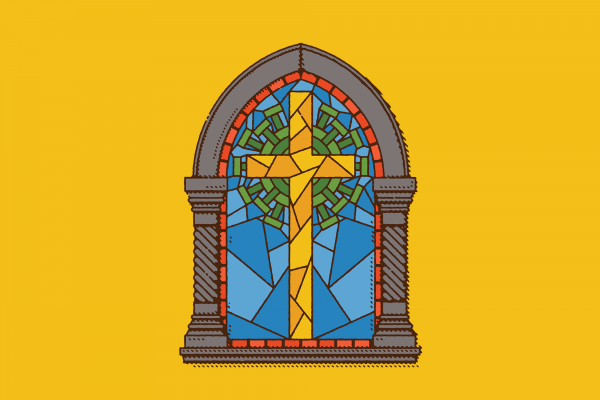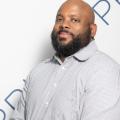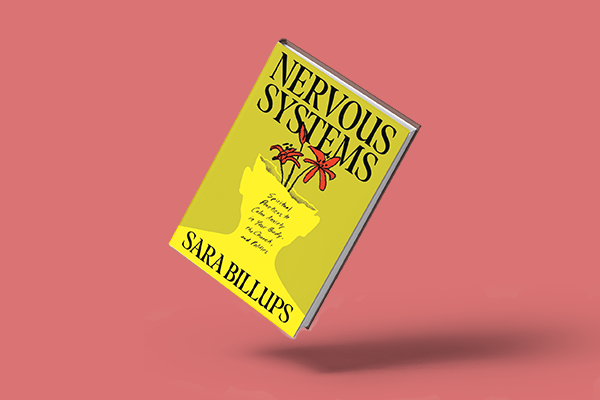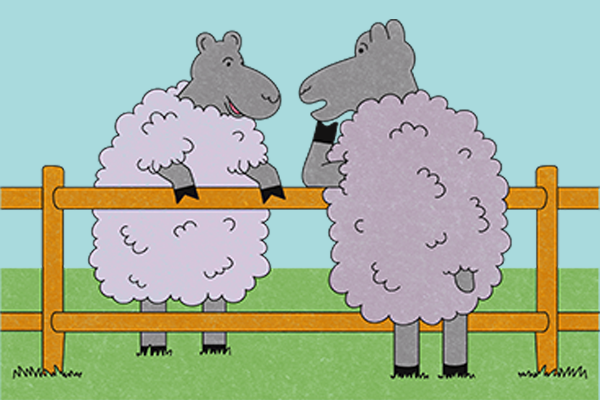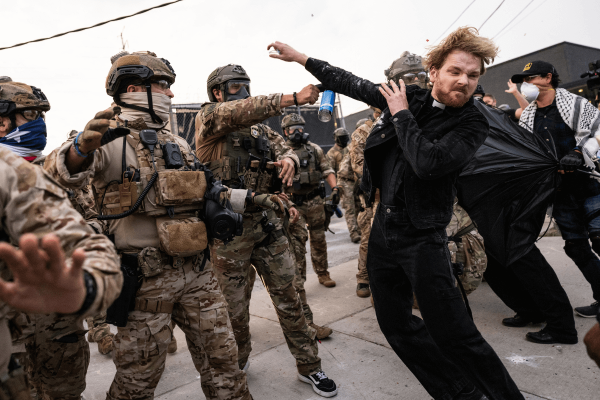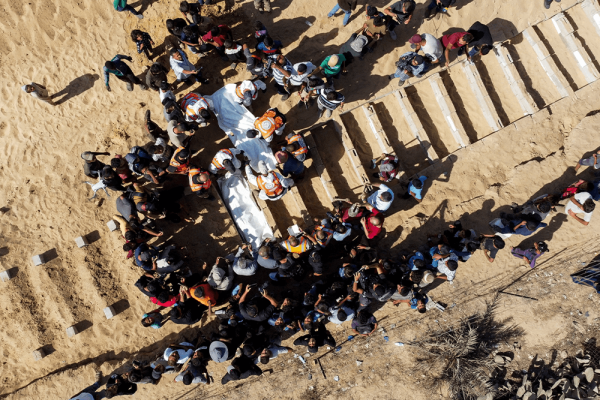DURING THE COVID-19 pandemic, most Americans have respected government directives to keep in place and avoid participating in large gatherings. Now, several months into this crisis, governors are loosening restrictions or expanding exemptions, including for religious institutions. An April poll by the Public Religion Research Institute found that 77 percent of Americans oppose such loosening.
However, there is a contingent of Americans openly opposing self-isolation policies, especially among the religious community. A third of white evangelical Protestants support loosening restrictions, and their pastors have thumbed their noses at health and safety restrictions. Even in April, President Trump was pushing hard to have churches packed by Easter, in contradiction to the directions of public health authorities.
Why are so many willing to risk their lives—and the lives of others—to attend a worship service? For centuries, a sector of American Christianity has believed itself to be citizens of “God’s special nation,” and they are willing to risk contracting the potentially deadly COVID-19 to prove they are God’s chosen.
Americans are outliers regarding levels of religious fervor. As income and industrialization increase in nations, religiosity is expected to decrease—the U.S is the exception and the most religious nation (by statistics) among its industrialized counterparts. Religion is so deeply entwined with American culture that a 2015 PRRI poll found that two-thirds of Americans agree that believing in God was very or somewhat important to being truly American.
It is not just that Americans place higher importance on religion or are more likely to attend worship services. They are also more likely to believe in a God who is actively involved in history. A 2017 Pew Research Center poll found that three-fourths of Americans believe God or a higher power has protected them, while two-thirds believe they have been rewarded by God.
Since the early American colonies, the idea of America as the “New Israel” or “God’s special place for God’s special people” has been imprinted in white American culture. A 2016 PRRI poll found 57 percent of Americans agreed that God granted America a special role in human history. Those who extol the idea of the U.S. as a divine nation argue it took on huge risks throughout history and was victorious every time because God willed it to be.
This is a direct reflection of predeterminism, which argues “health and wealth” will be given to the faithful, while poverty and sickness are the consequences of sin. Such distorted theology fosters a false sense of national innocence that disregards the nation’s failures and the costs of these “successes.” It disregards historical facts—such as the U.S. defeating the British due to funding from the French and a weakened British army rather than by divine providence—to fit a predetermined myth. This same thinking leads to a refusal to acknowledge atrocities such as chattel slavery and the genocide of Native Americans, which were critical in making the nation’s economy one of the world’s largest.
This false sense of innocence leads to attributing suffering, such as poverty or illness, to moral failings. Because only sinners are poor and sick, God’s chosen have no responsibility to help them, so the thinking goes. Though antithetical to the gospel message, those engaged in this ideology fully embody the saying, “What God has for me, is for me.”
The pastors who openly defy stay-in-place orders or reopening guidelines are doing so out of the misplaced belief that God protects the favored and cares little about risks these behaviors pose to others. By openly disobeying protective directions and increasing their own and others’ risk of exposure to COVID-19, they attempt to demonstrate to their congregants that they too are favored, just like the nation.
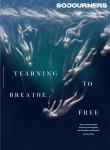
Got something to say about what you're reading? We value your feedback!
